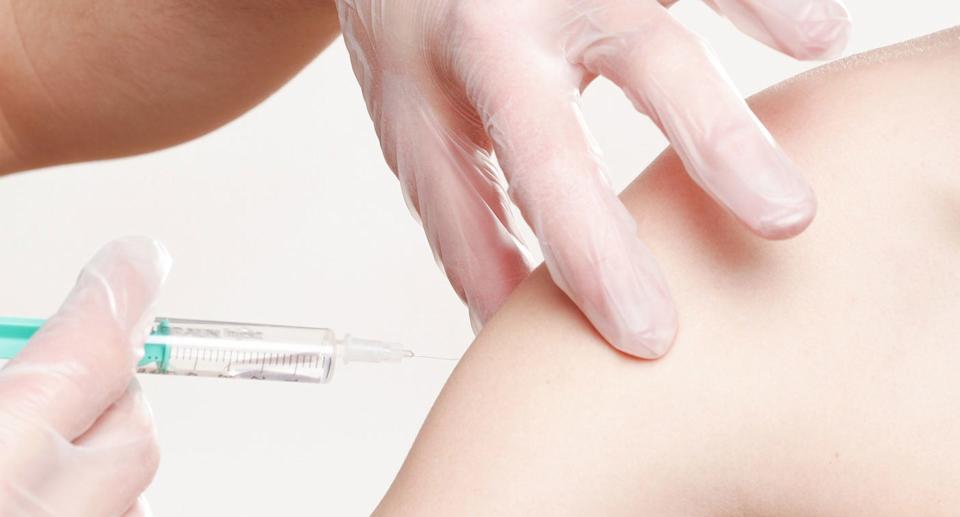The truth about autism and vaccines

SINGAPORE — Delayed speech and language skills, poor eye contact, and a desire to play alone are some symptoms of autism, clinically known as autism spectrum disorder (ASD), a neurodevelopmental disorder that affects a child’s ability to communicate and interact socially. Asperger's syndrome is a mild form of autism.
Autism affects one in 150 children in Singapore, with boys significantly more likely to develop it than girls.
Other symptoms of autism, which typically appear within the first year of a child’s life, though they can appear as late as 18 to 24 months, include:
Lack of response to your name
Indifference to caregivers
Avoiding physical contact and resisting cuddling and holding
Retreating into your own world
Lack of facial expressions
Speaking with a singsong voice
Repeating words or phrases verbatim without understanding them
Difficulty recognising non-verbal cues
Performing repetitive movements, e.g. rocking, spinning, hand flapping
Problems with coordination
Fixating on an object or activity
Fussy about food
Autism is a lifelong condition. Children with mild symptoms may lead normal or near-normal lives as they get older whereas children with moderate to severe symptoms may experience worsening of their behavioural and emotional problems.
What are the causes of autism?
The causes of autism are unknown but genetic and environmental factors may play a role in its development. Children with a family history of autism, and those born prematurely or suffering from certain medical conditions (e.g. fragile X syndrome and tuberous sclerosis) have a higher risk of developing it.
Children born to older parents may also have a higher risk of autism, though this link has not been firmly established by research.

Can childhood vaccinations cause autism?
There is no link between childhood vaccinations and autism, say experts.
“Proceed with the usual vaccination schedule, including the MMR vaccine. ASD (autism spectrum disorder) is not related to MMR vaccination or other childhood vaccinations containing thimerosal,” assures Singapore’s Health Hub.
How is autism diagnosed and treated?
If you suspect that your child has autism, consult a doctor who is likely to recommend a series of diagnostic tests carried out by a team of specialists.
Treatment for autism involves an individualised plan that includes communication and behavioural therapies. Family therapy may also be advised to help parents and other family members better interact with the autistic child and therefore promote his/her social skills. The treatment plan may include medication for anxiety, hyperactivity and aggressive behaviour.
While there is no cure for autism, early treatment can reduce symptoms, promote development and learning, and improve the quality of your child’s life.
Related stories:
Decade-Long Study Shows No Link Between Measles Vaccine And Autism
‘No link’ between MMR jab and autism (in fact vaccinated children are less likely to be autistic)


